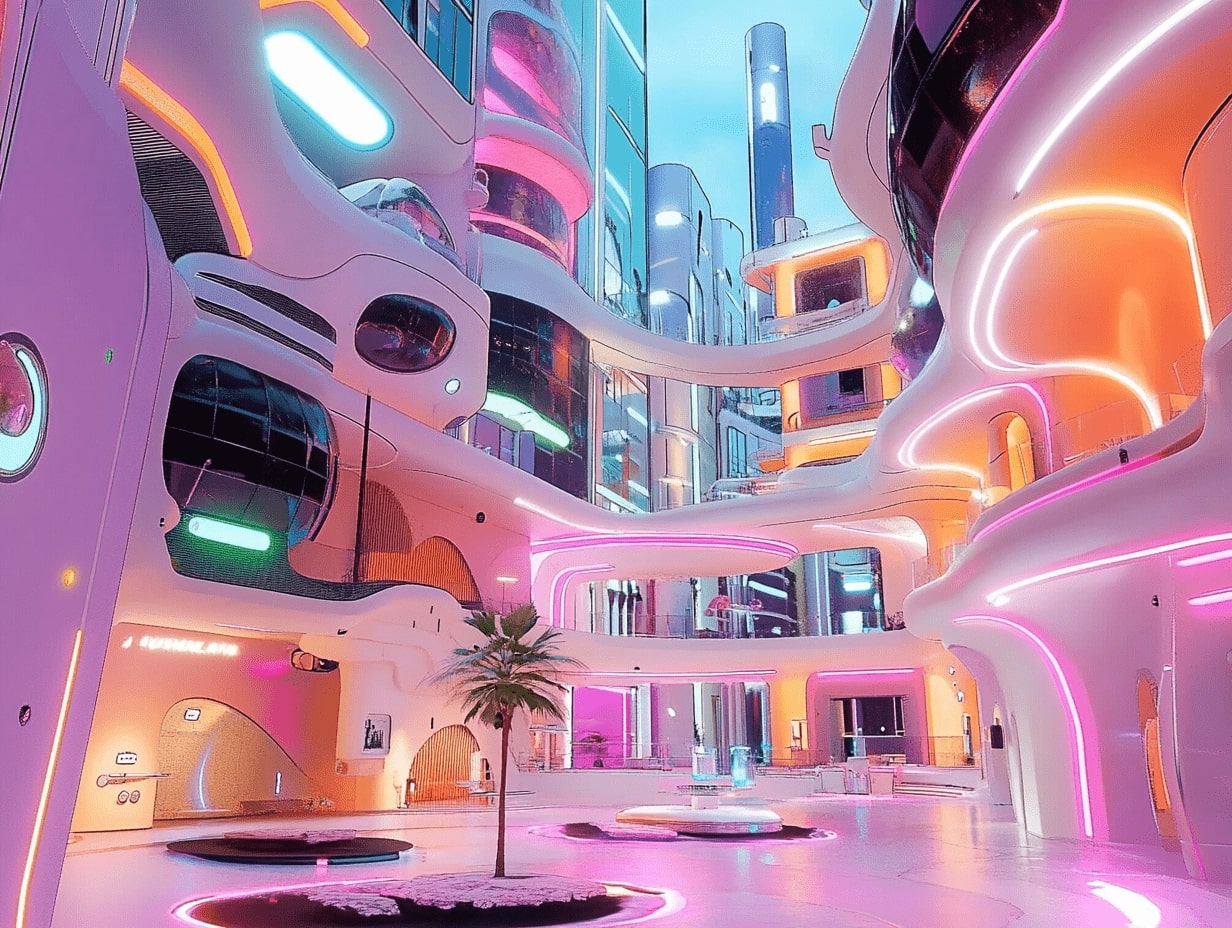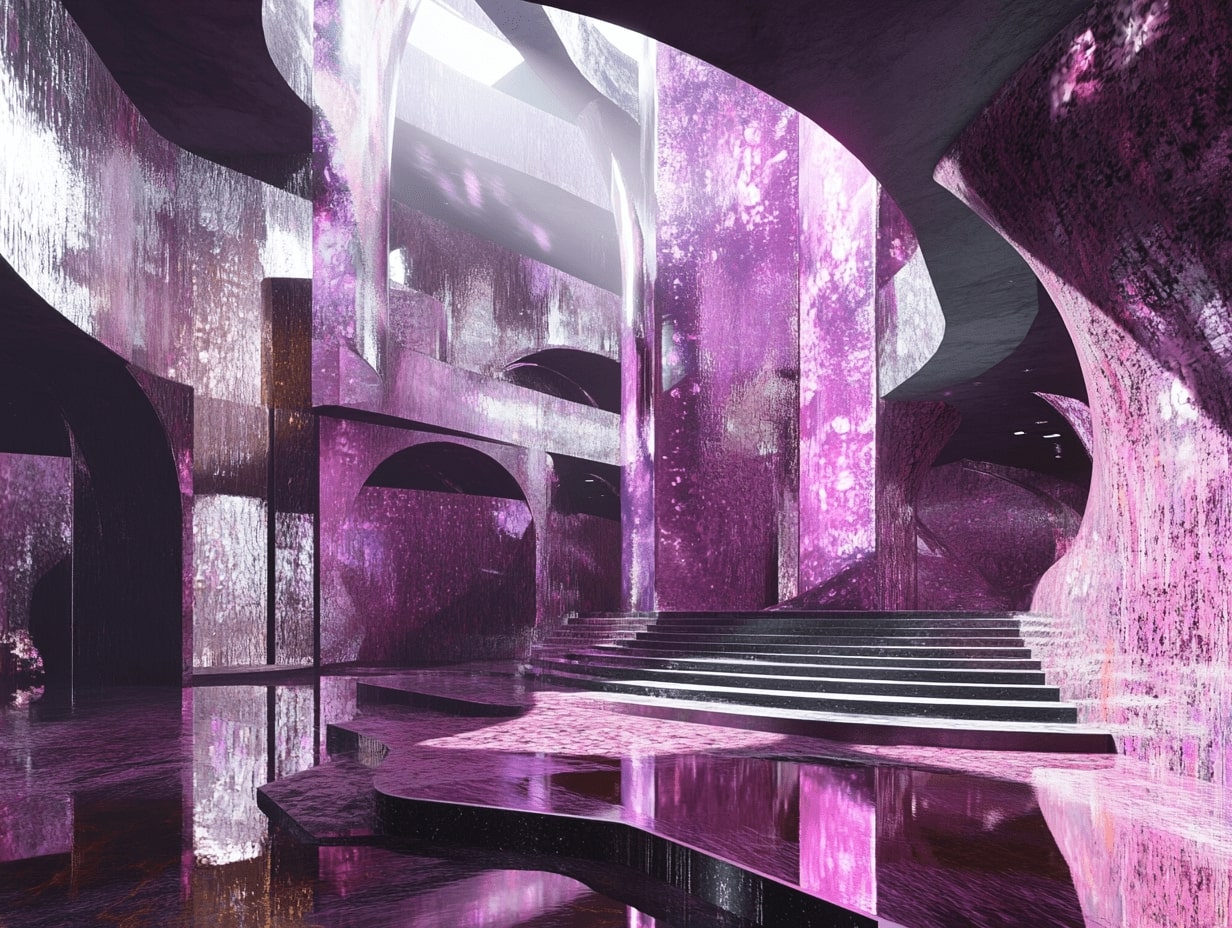- Home
- Articles
- Architectural Portfolio
- Architectral Presentation
- Inspirational Stories
- Architecture News
- Visualization
- BIM Industry
- Facade Design
- Parametric Design
- Career
- Landscape Architecture
- Construction
- Artificial Intelligence
- Sketching
- Design Softwares
- Diagrams
- Writing
- Architectural Tips
- Sustainability
- Courses
- Concept
- Technology
- History & Heritage
- Future of Architecture
- Guides & How-To
- Art & Culture
- Projects
- Interior Design
- Competitions
- Jobs
- Store
- Tools
- More
- Home
- Articles
- Architectural Portfolio
- Architectral Presentation
- Inspirational Stories
- Architecture News
- Visualization
- BIM Industry
- Facade Design
- Parametric Design
- Career
- Landscape Architecture
- Construction
- Artificial Intelligence
- Sketching
- Design Softwares
- Diagrams
- Writing
- Architectural Tips
- Sustainability
- Courses
- Concept
- Technology
- History & Heritage
- Future of Architecture
- Guides & How-To
- Art & Culture
- Projects
- Interior Design
- Competitions
- Jobs
- Store
- Tools
- More
Top Technologies Shaping the Future of Interior Design

Table of Contents Show
The metaverse is one of a handful of technologies that are radically changing the way interior designers work. Through metaverse architecture design, for instance, architects are using digital technology and computer software to design virtual workspaces and homes, create NFTs of their designs, and create digital twins of real-time objects and structures. A fine example of how far the metaverse is influencing designers is the Emerge Home—a solid base that projects an invisible field of sound that recreates the contour of virtual objects, so they can be felt and sensed. This level of customization offers a hitherto unseen level of personalization and enables designers to truly give life to the spaces they design. Of course, the metaverse is just one of many tech developments that are making the design process more effective and dynamic.
3D Printing
Today’s designers are already familiar with 3D printing, which enables them to create original furniture items like chairs, sofas, and med. Phillipp Aduatz & Incremental3d, for instance, recently created an extensive collection of bespoke items for a client—including two large sofas, two chairs, and a 7.3-metre-long bench. Of course, designers who don’t have access to large 3D printers can print an array of trendy items with a relatively inexpensive 3D printer. Currently, eclectic styles are holding sway. As such, clients may combine minimalist interiors with picture frames bearing Baroque touches. Vintage frames are famed for their ornate, nature-inspired designs and the sense of warmth and tradition they can add to even the most contemporary of spaces. Vintage design pieces go as well with Baroque interiors as simple, modern homes characterized by neutral and/or metallic hues.
Virtual Reality
Virtual reality (VR) allows designers to present a wide array of options to clients. For instance, this technology can be used to move objects around virtual spaces, turn lights on or off, change the colors of the walls, place artworks in certain spaces, and similar. Designs can merge real-world elements with an interactive digital environment. Clients simply don a VR headset to explore interiors in greater detail and identify desired changes to everything from the layout to individual furniture items and color palettes.
Augmented Reality
Augmented Reality (AR) is another vital tool that helps clients visualize their interiors before committing to them. Using AR, they can simply place their tablet or phone in front of a given area in their home, and see how suggested furniture items, flooring, and other elements would fit into their current or future design. The advantages of AR are vast. They include the chance to provide an interactive idea presentation to clients (as opposed to using a static design idea board), collaborate more closely with clients, and provide clients with more cost-effective solutions. This boosts design firms’ competitive edge and increases customer retention rates.
Artificial Intelligence
There are so many ways that AI is making the life of designers easier and more dynamic. Just one AI tool that is holding sway is ChatGPT—an AI model that can help designers generate ideas, market their services, and structure and create content for their website or blog. AI-powered tools can rely on machine learning algorithms to generate design ideas and layouts based on inputs such as the size and style of a given space.
Technology is working to ease the lives of designers and their clients. It is also helping them work more collaboratively. Technologies such as AR and VR are enabling clients to make more informed decisions, and making it easy for designers to change everything from layouts to color palettes, before the final decision is taken.
illustrarch is your daily dose of architecture. Leading community designed for all lovers of illustration and drawing.
Submit your architectural projects
Follow these steps for submission your project. Submission FormLatest Posts
The Evolution of Web Gaming: HTML5’s Place in the Industry
Table of Contents Show The Early Days of Web GamingThe Rise of...
Exploring The Future of Architecture in the Metaverse: Trends and Innovations
Explore how the metaverse is revolutionizing architecture by liberating designs from physical...
Exploring Metaverse Architecture: Innovations & Future Trends in Digital Design
Explore the groundbreaking innovations in metaverse architecture as digital design transcends the...
Discovering New Horizons: Exploring Architecture in the Metaverse
Dive into the realm where architecture and technology intertwine in the metaverse....












Leave a comment